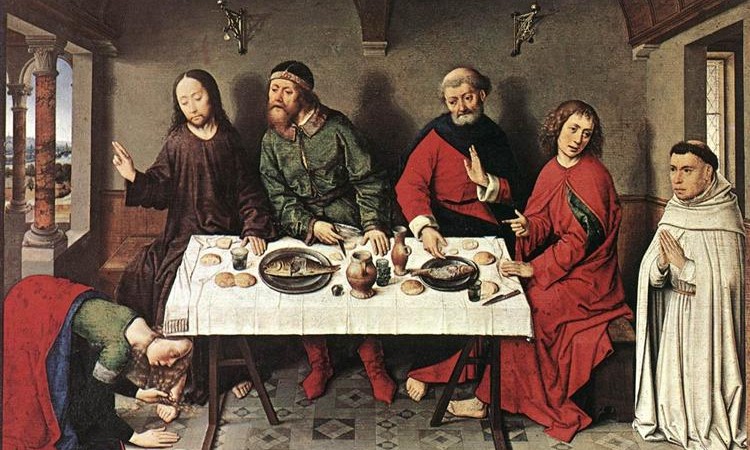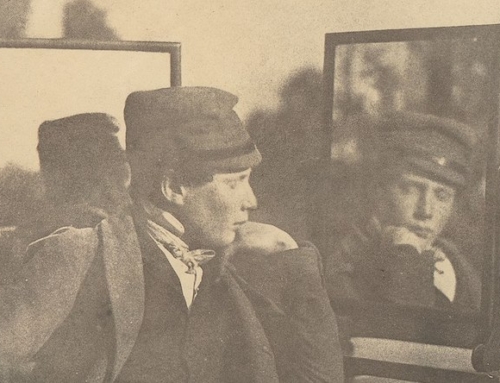She has done a good thing for me . . . She has done what she could . . . Amen, I say to you, wherever the gospel is proclaimed to the whole world, what she has done will be told in memory of her (See Mk 6-9).
At Bethany, just before the events of Jesus’ Passion, a woman anoints Him with costly oil. The disciples, however, grumble at this. They think it’s impractical: the money should have been given to the poor and not wasted in this manner. Or perhaps they view the act with indignation: Who is she to approach the Messiah without first being invited?
Yet, Jesus rebukes them and challenges them to see the greater, more personal significance of this woman’s act.
* * *
When I was in college, I went on a service trip with some of my fellow students. We were working on repairing the roof of a small house in rural South Carolina. Despite the apparent triviality of the work, we still saw our actions as somehow “making the world a better place.” Of course we were also aware that our efforts would not be the most practical—why not spend the money on hiring skilled laborers to do the work more effectively and efficiently? Yet, we desired to physically (i.e., personally) contribute to some type of humanitarian effort.
However, what I remember most about this trip was not the strain of the labor or the conversations with my classmates; what I remember most was a small, seemingly mundane event. On our final day of work, the woman living in the house we were working on, brought out a lunch she had prepared for us. It was by no means plentiful or extravagant, but I still remember thinking, “Why is she doing this? Can’t she see we’re doing this for free? Why does she not save her food for herself and her family, who need it more than we do?”
Fail.
What this woman recognized—and what I, like the disciples, failed to recognize—was that we were not just a bunch of privileged students trying to feel good about ourselves and make a difference in the world. What she saw was a group of young people devoting their time to help fix her house. Our actions touched her personally. And in return, she did something personal for us: from her limited supply, she shared a meal with us.
She did what she could; she did a good thing; and the memory of her act has the power to move me even a decade later, although I initially failed to grasp its significance.
* * *
As Jesus tells his disciples, the poor will always be with us (See Mk 7). In this life, we will always be weighed down by material concerns, but we should never use the immensity of these cares as an excuse not to give thanks to one another or to worship God. In the eyes of some, our gestures may appear impractical or even wasteful, but the Lord teaches us not to see things through the lens of a worldly wisdom. When we reconsider these actions and exchanges in light of the Wisdom from above, the folly disappears.
And so, we can now ask the question: What can we—poor as we are—what can we give, what can we do, in response to the priceless, personal gift that God has given us?
✠
Image: Bouts, Christ in the House of Simon







